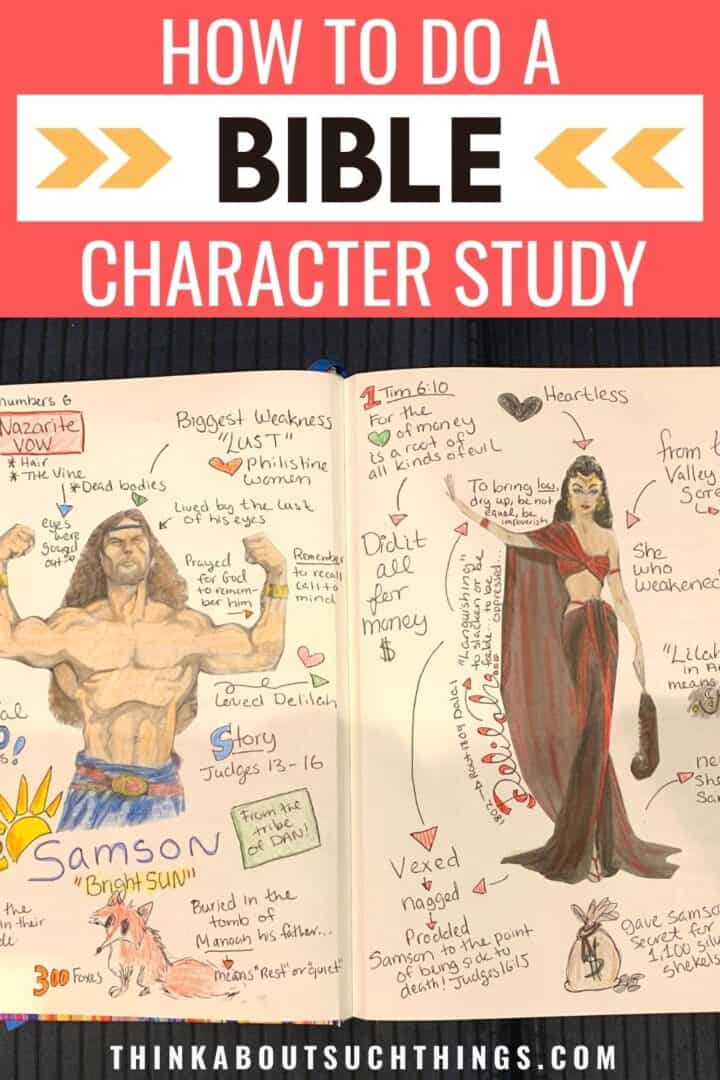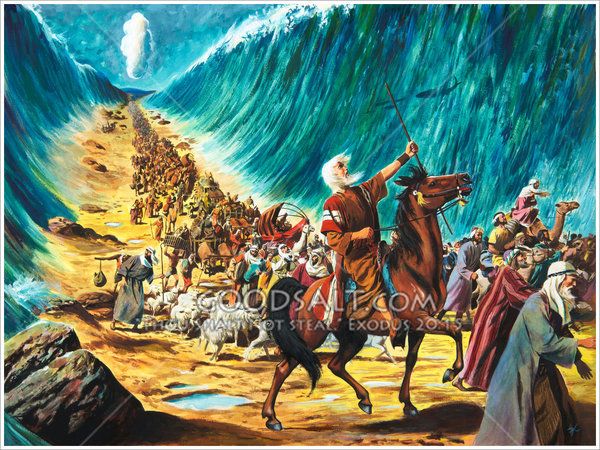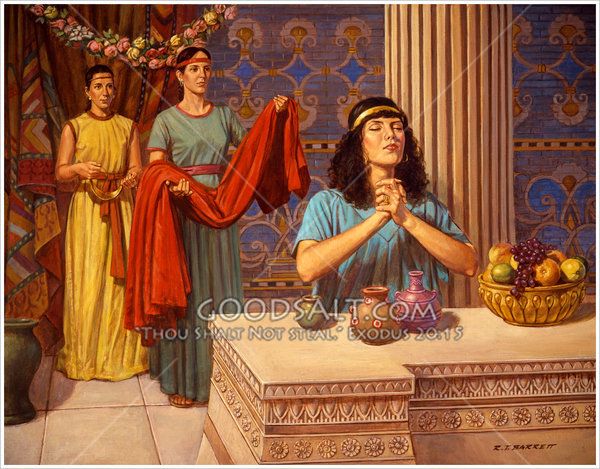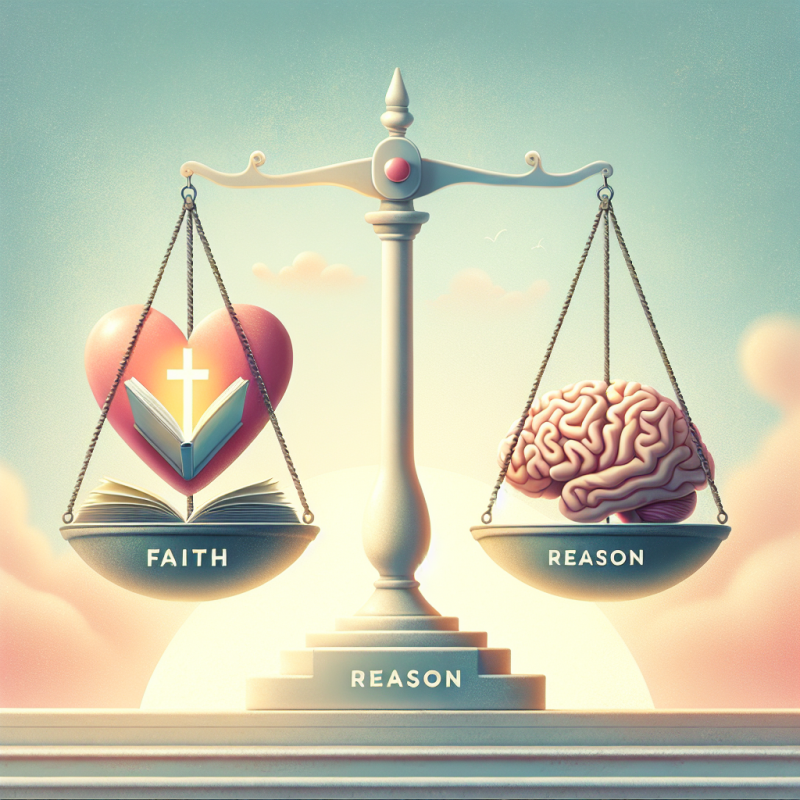“`html
Exploring Characters of the Bible: Lessons of Faith and Humanity
As I reflect on my own spiritual journey, marked by doubt, discovery, and faith, I find myself continually drawn to the characters of the Bible. These figures not only shaped the biblical narrative but also offer timeless wisdom for today’s believers. Just as I’ve navigated personal challenges—whether it be through health crises, professional stress, or spiritual seeking—I often look to the lives of biblical figures to find parallels and lessons for my own life. What fascinates me most is how these characters embody a dynamic relationship with God, full of triumphs, struggles, and deep spiritual growth.
In exploring the lives of these Biblical characters, I hope to illuminate how their stories provide profound insights into our own walk with God, especially in a world as fast-paced and complex as the one we live in today.
The Significance of Biblical Characters: More than Just Stories
The Bible is teeming with individuals whose lives were dramatically shaped by the hand of God. Each character teaches us something profound about the nature of God and His relationship with humanity. They embody the human condition, sharing in our triumphs, failures, doubts, and spiritual quests. Some of the most well-known figures, such as Abraham, Moses, David, and Esther, are more than just historical figures; they are mirrors reflecting our own spiritual journeys.
For instance, consider the story of Abraham. His relationship with God wasn’t straightforward; it was fraught with moments of deep faith as well as significant doubt. God called him to leave his homeland, leading Abraham on a lengthy and arduous spiritual journey. I often see reflections of my own life in Abraham’s experiences—moments when I’ve felt unsure of the path ahead or questioned the validity of my calling, but ultimately, like Abraham, I find that trust in God leads to blessings and growth.
< >
>
The Lessons from Key Biblical Figures
The Faith of Abraham
Abraham’s faith is characterized by his willingness to follow God even when the path was unclear. Genesis 12 describes God calling Abraham to leave everything familiar and move to the land of Canaan. Despite not knowing where he was going, Abraham demonstrated radical trust and obedience. Even more striking is his willingness to sacrifice Isaac in Genesis 22, an act that has sparked endless theological discussions.
For those of us navigating uncertainty—whether it’s in our careers, relationships, or health—Abraham’s faith is a reminder that God’s promises often require patience and trust. Emulating Abraham’s obedience can transform how we respond to our own challenges.
“By faith Abraham obeyed when he was called to go out to the place which he would receive as an inheritance” — Hebrews 11:8
The Leadership of Moses
Moses is another monumental figure whose life is rich with lessons on leadership, resilience, and humility. Chosen by God to lead the Israelites out of Egypt in the book of Exodus, Moses initially doubted his own ability to fulfill God’s calling. However, God empowered him to lead, showing us that He often calls us to tasks that we ourselves might feel ill-equipped for.
One passage that stands out is when Moses divides the Red Sea in Exodus 14. Facing what seemed like an insurmountable obstacle, Moses acted in faith and God made the way clear. Moses’ story reminds us that leadership isn’t about being perfect or fearless but about trusting God’s strength when our own falls short. It’s a lesson that I’ve personally leaned on in my professional life, especially during the difficult seasons of owning and managing my own business when every decision felt like parting a sea.
< >
>
The Courage of Esther
Esther’s story is one of courage and conviction in the face of overwhelming odds. As a queen in a foreign land, Esther had to decide whether to risk her own life to save her people from certain destruction, as detailed in the book of Esther. Her courage is captured in her famous declaration, “If I perish, I perish.”
Today’s world is full of moral dilemmas and social injustices, and Esther’s story serves as a blueprint for standing up for righteousness, even when it is difficult or dangerous. Like Esther, we are often called to intervene on behalf of others at great personal risk. I’ve witnessed this on my travels abroad, especially in places of immense poverty and despair, where advocacy for the marginalized often feels overwhelming. Yet the call remains—to be a voice of justice, however frail or unqualified we may feel.
In the same way, many Christians face ethical and moral challenges at work, in their communities, or in their political engagement. Esther’s bravery teaches us that courage is not the absence of fear but the willingness to act in faith despite it.
Applying Biblical Principles in Our Lives Today
In my previous article on Christian engagement with culture and media, I discussed how we, as believers, are called to live in the world without being consumed by it. The lives of biblical characters provide a roadmap for how to walk this fine line. For instance, just as Esther had to navigate the complexities of living in a foreign court while maintaining her faith, we too must navigate our world with discernment.
<
>
Another strong connection can be made to previous discussions on the lives of Bible characters. As I’ve explored before, figures such as Esther and Moses often showcase how God’s purposes are fulfilled through the most unexpected individuals. This offers hope to us all as we wrestle with our own vulnerabilities and doubts.
Theological Reflections on Biblical Characters
Each character in the Bible offers a unique lens through which we can better understand God’s relationship with humanity. Abraham demonstrates God’s faithfulness to His promises, Moses showcases God’s transformative power in the lives of the meek, and Esther reveals God’s providence and protection over His people. These reflections remind us that our relationship with God is dynamic and ever-evolving, just as it was for these biblical characters.
Additionally, many Christian traditions—such as Catholicism and Eastern Orthodoxy—emphasize the importance of studying the saints and figures from scripture, drawing on their lives as models for spiritual formation. Whether one is reflecting on the sacrifice of Abraham, the leadership of Moses, or the courage of Esther, different Christian traditions weave these stories into the tapestry of daily spiritual practice.
Conclusion: Lessons for Modern Followers of Christ
In our fast-moving world, filled with noise and distraction, looking to the lives of these biblical characters offers us a refuge. Their lives speak to our deepest concerns—our anxieties, doubts, struggles, and hopes. They remind us of the enduring truth that God’s presence transcends time, working through individuals in unique and profound ways. Just as these figures navigated their spiritual journeys, we too are called to walk with God in a similar fashion—responding to His call with faith, courage, and obedience.
I encourage you, as modern believers, to study these characters more deeply and reflect on the parallels between their spiritual journeys and your own. Seek out their stories not just for inspiration, but for guidance in the real-life challenges you face daily. I would recommend starting with a personal study of Abraham’s faith journey or delving into Esther’s courageous advocacy for her people. As a next step, try jotting down ways in which their stories can inform and encourage your unique walk with Christ today.
< >
>
Focus Keyphrase: Biblical characters
“`




As someone who often struggles with reconciling faith and modern issues, I find Esther’s courage especially moving. How do we apply such bold faith in today’s complex world?
Studying biblical characters helps us understand how God’s unchanging nature interacts with our ever-changing human experience. Each figure is a source of deep spiritual wisdom.